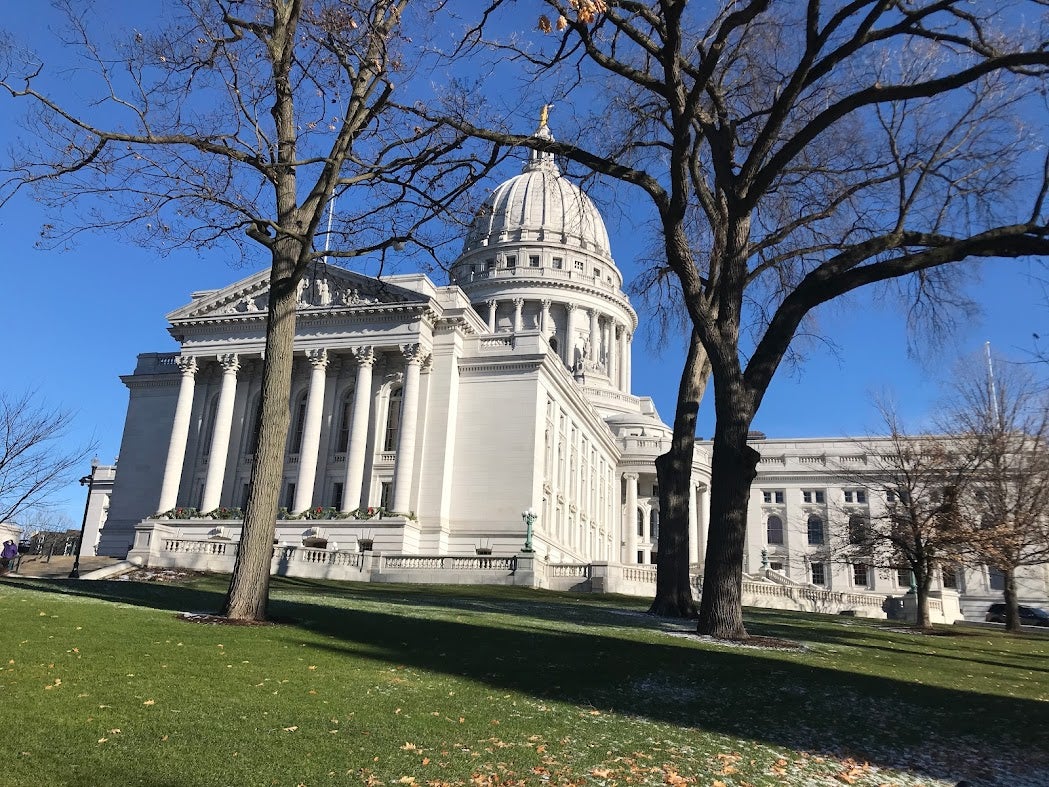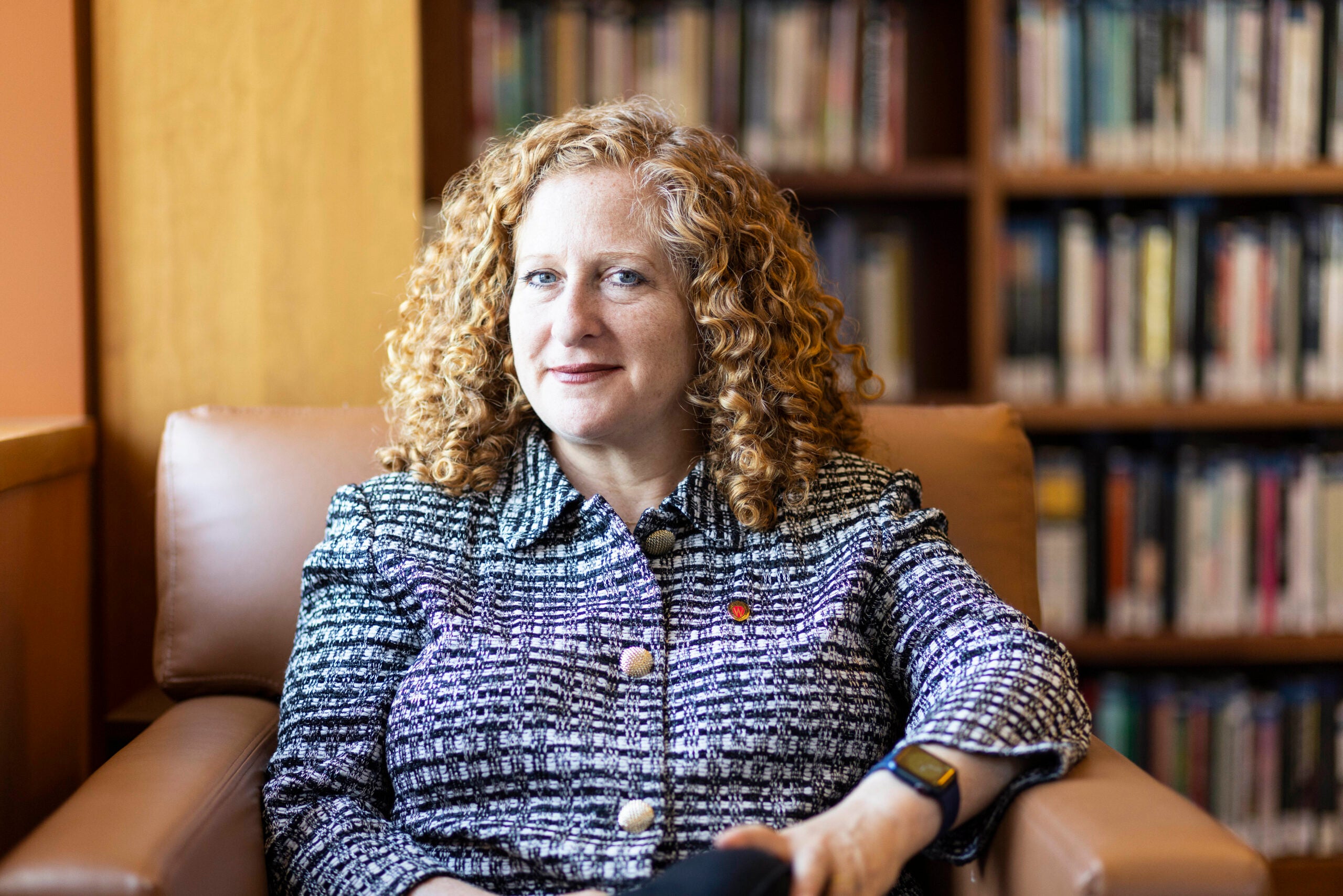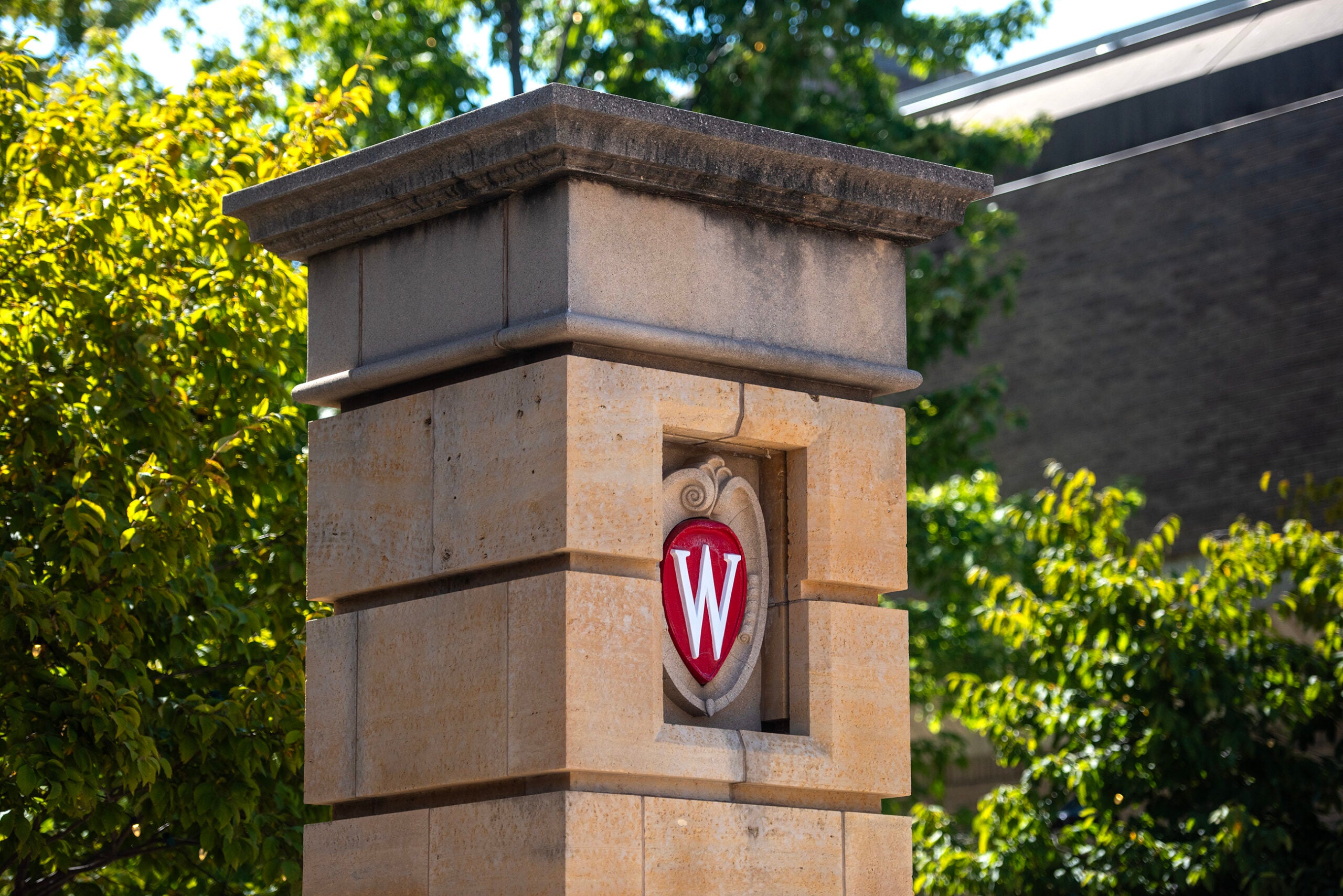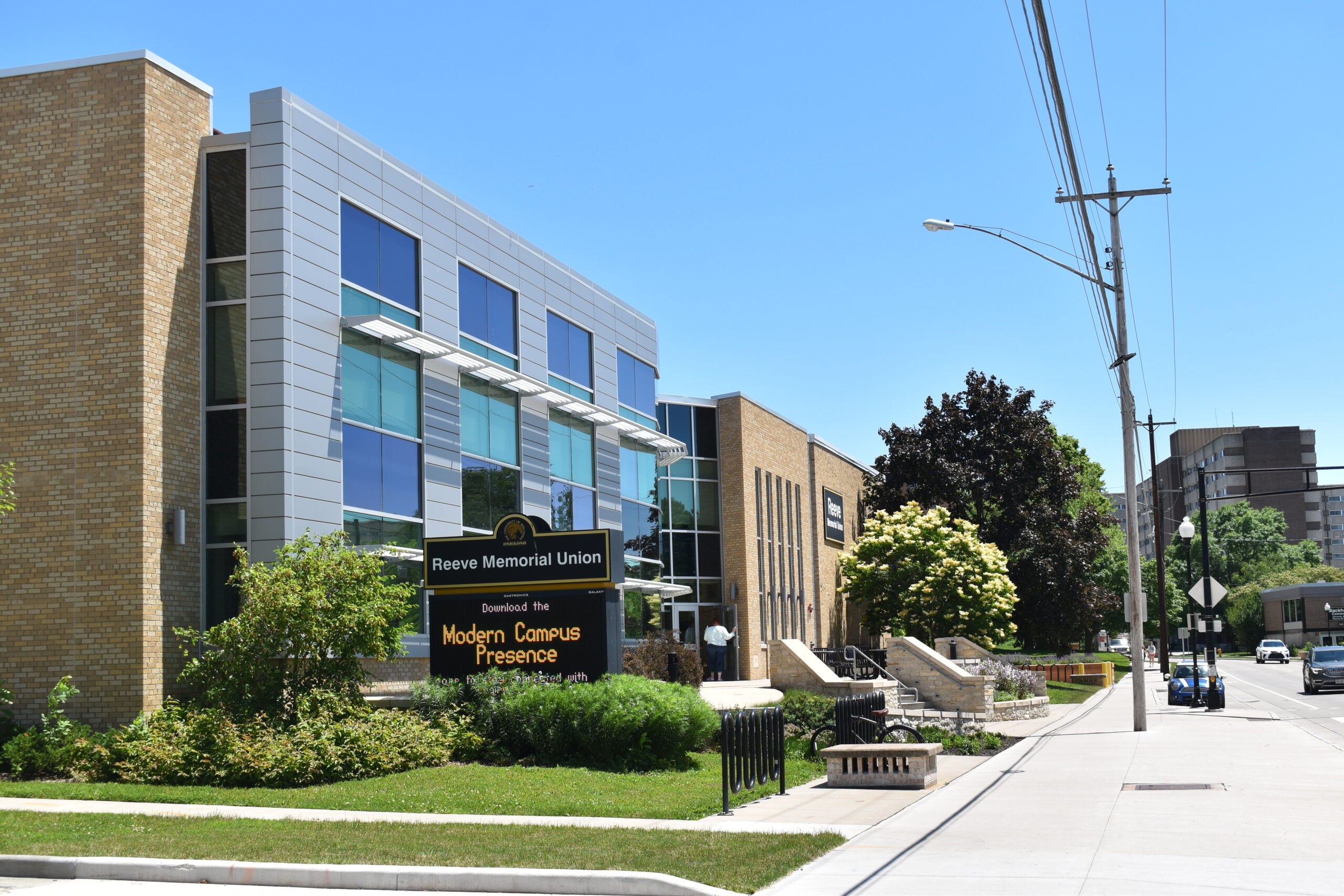A Republican state lawmaker says legislators cannot know if the University of Wisconsin Madison is following a U.S. Supreme Court ruling banning affirmative action in admissions because the school won’t publicly disclose how they choose students. His comments came during a public hearing for a GOP bill that would guarantee college admission for highly ranked students.
High school students ranked in the top five percent of their class would receive a guaranteed spot at UW-Madison, other state universities and technical colleges under the bill introduced by GOP lawmakers in July. One author of the plan said could be described as an anti-DEI bill.
During a three-hour public hearing before the Assembly Committee on Colleges and Universities, GOP lawmakers held up copies of heavily redacted admissions criteria obtained from UW-Madison through an open records request and accused the university of not being transparent about its policies.
News with a little more humanity
WPR’s “Wisconsin Today” newsletter keeps you connected to the state you love without feeling overwhelmed. No paywall. No agenda. No corporate filter.
At one point, Committee Chair State Rep. Dave Murphy, R-Greenville, grew angry after UW-Madison Director of State Relations Crystal Potts said the university had offered to let Murphy and State Sen. Rob Hutton, R-Brookfield, review the documents in person. Potts said she assumes the school and committee “have a shared goal that we would not unintentionally provide an advantage to elected officials in their knowledge of our admissions process for their particular constituents to benefit from.”
“That is the most ridiculous answer I have ever heard!” Murphy said. “I can’t believe you’re talking about advantaging legislators by letting them know what this criteria is about. We are the committee that has oversight over your agency!”
Potts responded that she didn’t mean any disrespect by the comment and said student recruitment among Big 10 universities is competitive. She said the university had 65,000 applications for 8,100 seats in this school year’s freshman class. And, she said, other schools could use UW-Madison’s admissions criteria and training materials to their advantage if they were publicly released.
With his final question, Murphy asked Potts how lawmakers can know UW-Madison is “following the Supreme Court’s decision” banning universities from using race as a consideration when admitting students. Potts said “the goal is to follow the law and being in compliance with the law.”
“I think as a committee, we are charged with making sure that our government agencies operate under the law,” Murphy said. “But if there’s no transparency, then that’s pretty difficult to do.”
‘This could be labeled as an anti-DEI bill’
During the committee hearing, bill coauthor State Rep. Jerry O’Connor, R-Fond Du Lac, said the guaranteed admissions legislation “could be labeled as an anti-DEI (diversity, equity, inclusion) bill.”
“I’m going to just say I don’t care about DEI in this situation,” O’Connor said. “This is simply about not discriminating against the best of the best coming out of our high schools.”
Murphy said he doesn’t see it as a DEI issue “because this applies to all high schools, inner-city Milwaukee high schools, rural high schools, whatever.” He said it could significantly boost enrollment at UW campuses because some students who cannot get into UW-Madison end up enrolling at schools in other states.
While the legislation would require state colleges and universities to admit high school graduates students in the top five percent of their class, it would be up to high school administrators to decide how to rank them.
That drew concern from Potts, Democratic and Republican committee members.
“We’re just going to arbitrarily let 421 school districts decide what they want, add in charter schools and so on, and not put anything in state statutes that’s going to clarify anything,” State. Rep. Robert Witke, R-Racine, said.
Fond du Lac School District Superintendent Jeff Fleig, who testified in support of the bill, said it would help schools a lot if lawmakers amended the bill to include specifics like grade point averages for setting rankings.
“Now, we could sit and debate grades all day long,” Fleig said. “Some mean something, some don’t. I don’t want to get into that right now, but at least it’s a criteria.”
The idea of offering guaranteed or “direct admission” to public universities based on things like grade point averages isn’t new. It’s one way states have tried to improve racial disparities in college enrollment and graduation. Several states, including Texas and California, have turned to the policies following voter referendums banning affirmative action in admissions in the 1990s.
New research co-authored by UW-Madison assistant professor in the Department of Educational policy Studies Taylor Odle shows offering direct admission to students, particularly those from minority groups and lower-income families, boosted the number of college applications but didn’t impact enrollment rates. Complexities and uncertainties in the college application process still contribute to “longstanding racial and socioeconomic disparities in enrollment,” according to the study.
Wisconsin Public Radio, © Copyright 2026, Board of Regents of the University of Wisconsin System and Wisconsin Educational Communications Board.







